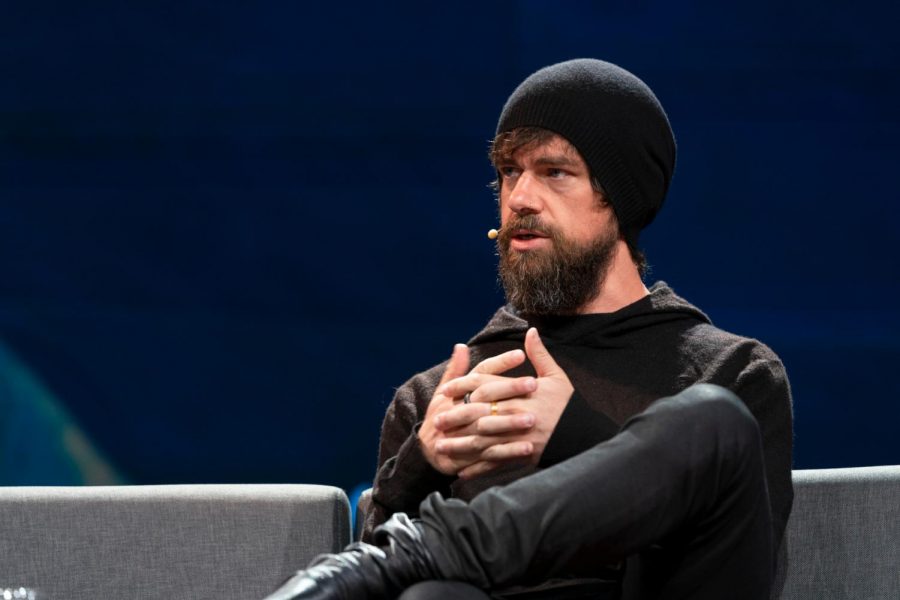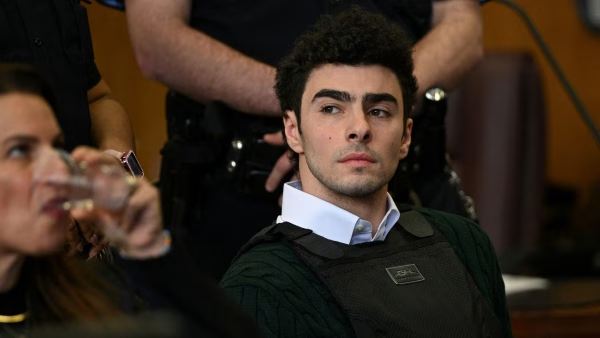Second times a charm: Jack Dorsey no longer Twitter CEO once again
December 13, 2021
On Nov. 29, Twitter announced that Jack Dorsey, Co-founder of Twitter, will be stepping down as the Chief Executive Officer. Twitter’s board of directors has appointed Parag Agrawal, Twitter’s previous chief technology officer since 2017 as his successor, a change that will be effective immediately.
Mr. Dorsey is also the Co-founder and has been the CEO of Square Inc., a digital payment platform, since 2009. In light of being crowned CEO of two multi-billion-dollar digital corporations, Twitter’s stakeholders, Elliott Management Corporation and the co-CEO of the investment firm, Paul Singer, called on Dorsey to step down from one or the other. As a result, Dorsey will remain on the board of directors at Twitter until the next stockholder meeting in 2022 while continuing his current position at Square Inc.
In a press release statement, Mr. Dorsey said, “I’ve decided to leave Twitter because I believe the company is ready to move on from its founders. My trust in Parag as Twitter’s CEO is deep. His work over the past ten years has been transformational. I’m deeply grateful for his skill, heart, and soul. It’s his time to lead.”
“I want to thank the board for their confidence in my leadership and Jack for his continued mentorship, support, and partnership,” Mr. Agrawal said in a separate statement.
According to The Wall Street Journal, Square Inc. is twice more valuable than Twitter, with almost $100 billion market capitalization. In comparison, Twitter’s market capitalization started at about $36.61 billion once the news broke on Nov. 29, with shares rising to 11 percent before briefly being suspended. However, as of Dec. 4, the company’s stock under the ticker TWTR has declined 1.34 percent and depleted approximately $2.97 billion in market value with a market cap of $33.64 billion as of Dec. 3 and continuously fluctuating.
Appointed CEO when Twitter initially launched in July 2006, this is the second time Mr. Dorsey has been demoted at the tech giant. In 2008, Dorsey was fired from his role as CEO due to numerous claims of bad management and poor leadership. The board of directors and co-workers often complained about his frequent party appearances and outside hobbies taking precedence over the company’s success.
When Mr. Dorsey was in charge at this time, Fortune noted that Twitter had no backup database, leaving the company vulnerable to theft, damage and loss of money. In addition, partnering co-founder Evan Williams, who provided the initial funds for Twitter, had frequently argued with Dorsey about his lack of communication with investors and his exuberant six-figure text message bills. Over the years, Mr. Dorsey’s management style has become the subject of controversy. He has been known for delegating major decision-making to his subordinates to pursue his personal passions, including multiple daily ice baths and 10-day silent meditative retreats.
However, a considerable amount has changed over the last 15 years. Today, Mr. Dorsey is acknowledged as one of Silicon Valley’s most prominent figures, praised by many as a stabilizing force within Twitter since being reinstated as CEO in 2015. Dorsey is also an outspoken advocate for cryptocurrency, and has grown increasingly involved in philanthropic service.
As Mr. Dorsey hands the reins to Mr. Agrawal, the new CEO will inherit a list of issues left at Twitter’s doorstep that Dorsey initially pledged to address and uphold. Like many other social platforms today, Twitter is under scrutiny from lawmakers to regulate and redefine the nature of hate speech and misinformation. This includes removing harmful content, revealing the identity of troublesome users, addressing claims stating Twitter improperly censors their users from such actors and information, and most importantly, stopping the proliferation of all the above.
Frances Haugen, Facebook’s former product manager and whistleblower, testified to Congress in October about Facebook knowingly neglecting the safety and security of their users. Her testimony ignited deliberation between Democratic and Republican lawmakers to examine possible modifications to make in Section 230 of the Communications Decency Act, which provides digital tech companies immunity and liability coverage for content posted by third parties on their platforms.
Nu Wexler, the former spokesperson for Twitter, Facebook, and Google told The Hill, “It all really comes down to Republicans want less content moderation and Democrats want more, and I’m not sure how they resolve that with a 230 bill.”
Although both parties are seeking different assertions within this discussion, Democrats and Republicans agree with Ms. Haugen’s that changes need to be made regarding social media safety and security regulation while acknowledging the issue must be addressed. It is just a matter of how and to what extent.
Twitter’s investors and its public consumers will be monitoring the company’s ability to smoothly transition under the guidance of Mr. Agrawal. As Twitter’s previous chief technology officer, Mr. Agrawal may provide a fresh perspective to determine how the company should manage user safety and security regulations that will change the trajectory of the social app’s habitability and financial success.












